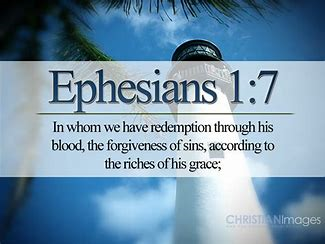The Creation bears witness to the fact that the Church was in existence at the beginning. The act of God speaking to and being answered by our first parents shows the existence of the church, which is in reality a place where God speaks and human beings respond. Victor Bartling wrote a long time ago that “The Church was in the world long before our days. It existed in Ephesus before Paul wrote his Letter to the Ephesians. Essentially the church, like Christ, never changes. Its foundation, its goals, its means and resources, its message to men always remain the same. But since the church is made up of men, it necessarily reflects, in its historical manifestations, the social and cultural aspects of its historical environments. Within these environments, however, it must function according to God’s unchanging design. There is always the temptation that the church may so much lose itself in its own given historical setting as to cease to be the church of God. It is well, therefore, that the modern church should look at itself in the light of St. Paul’s Letter to the Ephesians. For this letter from beginning to the end deals expressly with the church.”
Bartling says later that the more one reads Ephesians the more there is a “peculiar spell” cast over the reader. Part of the spell is the question that has to arise in a thinking person that if we are the “body of Christ, and each individually members of it, how do we function in the universe in which all things are to be brought into Christ and under Christ? Missionary endeavors are one of the ways that place ourselves under Christ in order to bring others to that place as well. Acts of mercy are a sign of our being under the Lordship of Christ and not necessarily a sign of that Lordship. We do what we do not so that others will be what we are but because of what we are.


